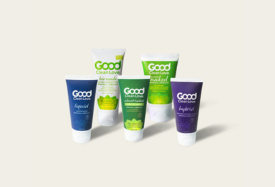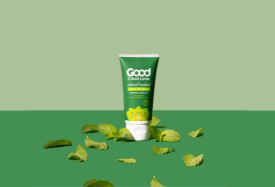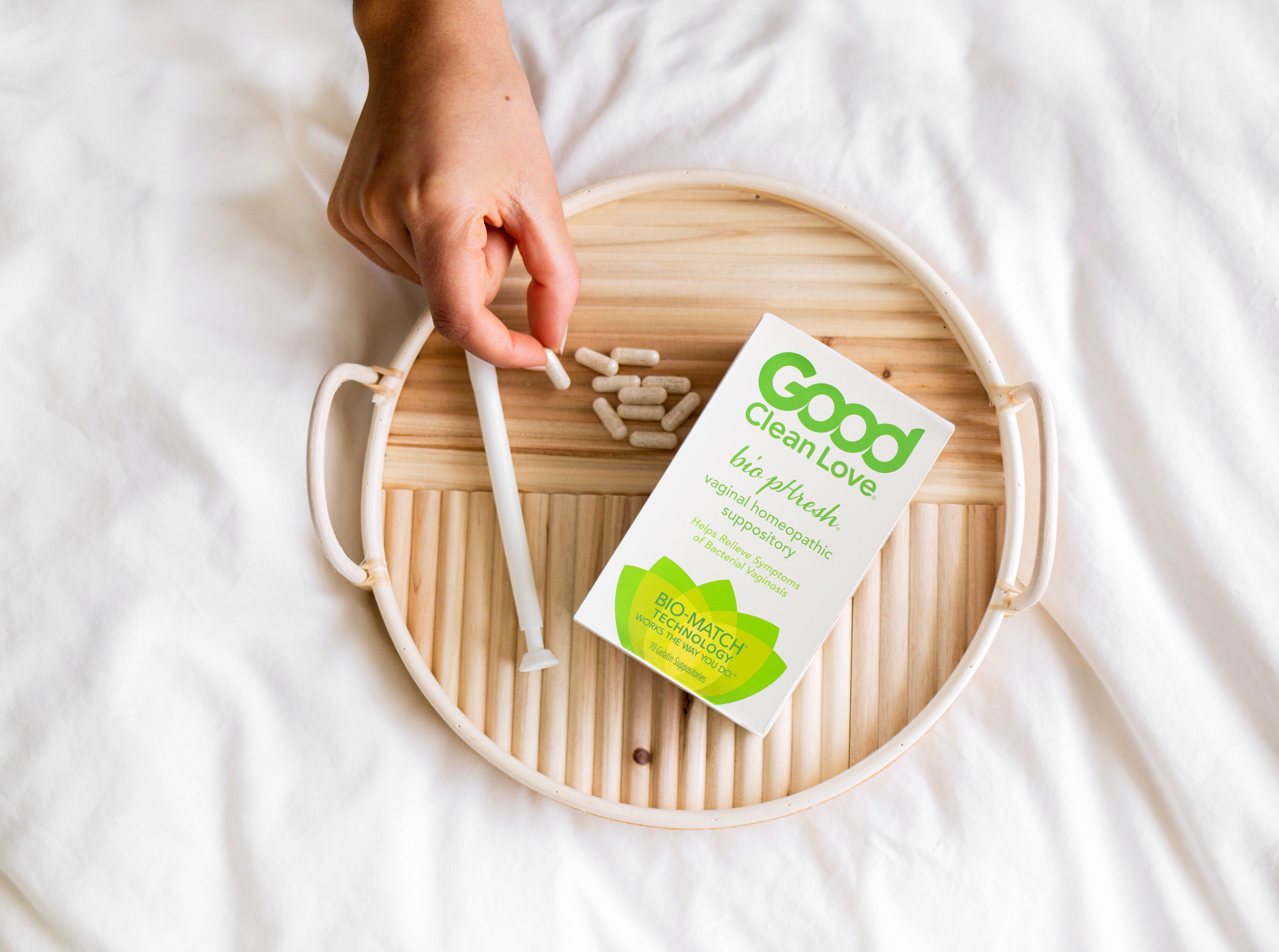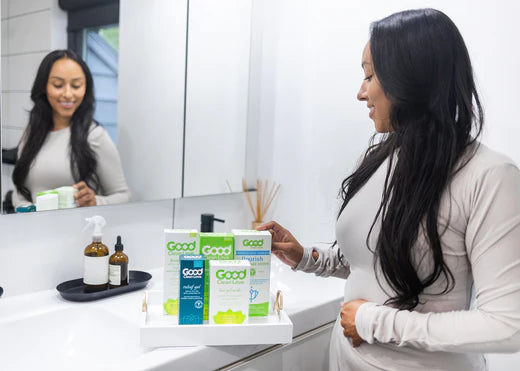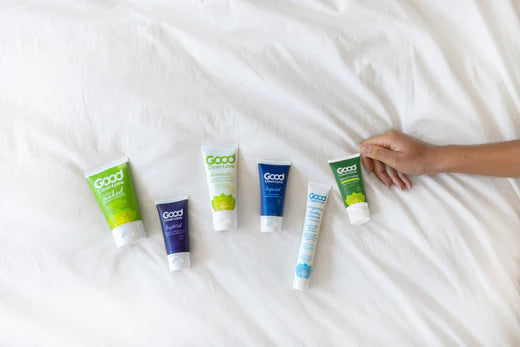
“Remember that pain has this most excellent quality. If prolonged it cannot be severe, and if severe it cannot be prolonged.” Seneca
My abdominal surgery was three days ago. One thing I have learned in these last few days is how subjective and changeable is our experience of pain is. There are moments white hot, bringing tears to my eyes, as well as others like a constant ache that are comforted by a warm blanket and stillness. Truthfully, often times when people ask me how I am feeling, I don’t know how to respond. Generally, we grade things on a number scale, but being heavily sedated with so many different drugs from my hospital stay during the last few days I was barely inhabiting my body, let alone knowing how it feels. And now as I wade through this 3rd day of recuperating at home, I watch myself swing frequently between wanting to get back into my body and feel the experience and the pain as it is and to the suggestion of taking more of the prescribed narcotic to kill the pain.
Don’t get me wrong, I am not a glutton for pain or punishment, but I did start my most recent book about wanting to learn to feel more. Of course it is easy to want to avoid this kind of feeling, but it is also dangerously seductive to fall into those murky waters. Partly it is outrageously common for people in pain to be given narcotics (in 2014 there were over 240 million prescriptions written alone). Almost all of us are familiar with at least one story personally in which pain management devolved into life threatening narcotic addiction. President Obama’s recent bill to address the overuse and addiction ease of narcotics reflects the truth of how a little discomfort turns into a way of avoiding feeling everything.
It’s amazing how much reassurance I am getting to use the pain pills. All of them quick to assure me that I won’t be addicted after a few days or even a week, but I remain skeptical. And here’s why, narcotics don’t just powerfully alleviate my immediate physical symptoms. They also change my mood and not that I wouldn’t want enjoy a better mood than the hangry place that defines my inability to eat; but really how would I know on which day I should be ready to feel it all? When exactly will it become easier to start feeling what is really happening to me inside?
From the looks of things, it’s a slippery slope at best. Just today, there was another report on narcotic prescriptions gone wrong. Of all of the long-term users interviewed, they all began taking narcotics from a doctor’s prescription following an illness or procedure like mine. But, what is more disturbing is the survey’s findings that over 2/3 of the time, physicians provided no other suggestions for dealing with pain and only 1/3 of physicians discussed how or when to terminate narcotic use. While I know that there is a time and place for narcotic use, because as the anesthesiologist explained to me, your body registers pain even when you don’t- and the pain medication during and post-surgery probably saved my life. But, now here at home, there has to be an honoring of my pain, of feeling the realness and acuteness of where my body is since this surgery. I don’t want to float through it, I want to feel it and have compassion for myself. There seems to be something intrinsically wrong with feeling fine when you are clearly not fine. In part because I know that it spills over into other ways of not feeling in relationship to the people we love or even ourselves. Pain of all kinds are our most potent teachers. I keep wondering why I wasn’t prescribed hands on healing instead of ongoing narcotics? Or how about a required meditation series to heal your own pain through feeling? Choosing to not feel, in fact being encouraged to not feel is what we call normal in our medical system- but I don’t buy it. I intend to be a conscientious observer of the medical miracle called healing. If I don’t register this quality of feeling bad and knowing I can manage it, what will I have to compare it to when good finally shows up?


